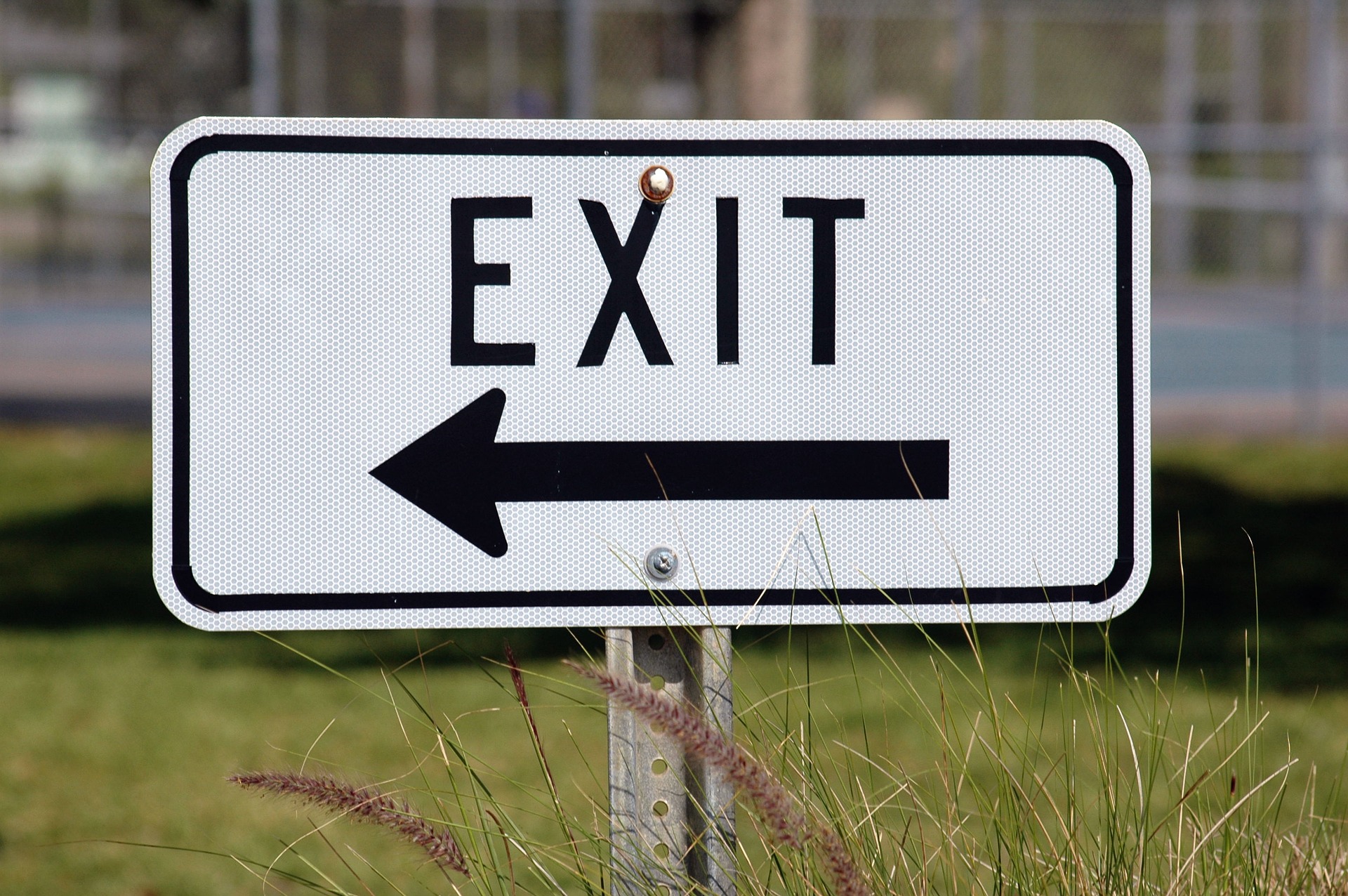
10 Jul The ‘exit tax’ for out-of-staters
Photo: pixabay.comQ. We own a commercial/professional condo in New Jersey and reside in Maryland. Is the property subject to the exit tax since we don’t file there?
— Unsure
A. Let’s get things straight about the exit tax, a term that’s often misunderstood.
It’s not necessarily a tax.
“It is a required estimated tax payment to make sure a nonresident seller files a New Jersey tax return,” said Chadderdon O’Brien, a certified financial planner with RegentAtlantic in Morristown. “It is required because New Jersey is concerned that the seller may not file a New Jersey tax return and pay taxes if they are a nonresident or current resident that is leaving the state.”
When you sell a property in New Jersey as a nonresident, you are required to file the NJ GIT/REP-1 form (gross income tax form), O’Brien said.
New Jersey requires you to withhold the amount of either 8.97 percent (New Jerseys highest tax bracket) of the profit or 2 percent of the total selling price, whichever is higher, he said.
This withholding requirement is the so-called exit tax.
O’Brien offered a few hypothetical examples to show how it works.
Say you continue to rent your condo and do not sell, then the exit tax is not relevant. You just need to continue filing a nonresident tax return for your rental activities in New Jersey.
Or say you sell your property and have a taxable gain. Then you are required to make an estimated tax payment of the higher of 8.97 percent of the profit (capital gain) or 2 percent of the selling price. When you file your New Jersey tax return, the actual capital gain tax that you owe will be deducted from your estimated tax payment and the rest will be refunded to you.
If instead you sell the property at a loss, or if there is no capital gain, then you must still make an estimated tax payment of 2 percent of the sale amount. In this case, you do not actually owe any tax, so you will get the entire 2 percent withholding back when you file your New Jersey nonresident tax return.
“As I mentioned above, New Jersey requires these estimated tax payments because it forces the seller to file a New Jersey tax return for that year,” O’Brien said. “The good news is that this is not an extra tax – it’s just a way for New Jersey to make sure that you pay any capital gain taxes that you might owe.”
Your specific situation will dictate your required estimated tax payment and how much you receive back in the form of a tax refund. As always, there are exceptions and caveats to the exit tax, so be sure to consult with a tax professional with any questions about your specific situation.
Email your questions to .

